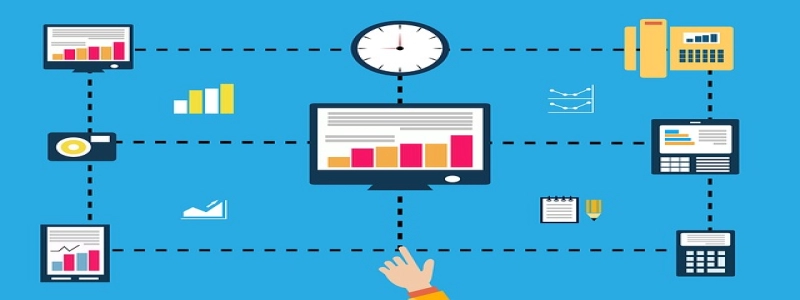Types of EV Charging Connectors
Introduction:
Electric vehicles (EVs) are becoming increasingly popular due to their environmental benefits and cost savings. One critical component of EVs is the charging connector, which allows for the transfer of electricity to charge the vehicle’s battery. There are several types of EV charging connectors available, each with its own features and compatibility. In this article, we will explore the different types of EV charging connectors in detail.
Level 1 Charging Connectors:
Level 1 charging connectors, also known as a standard charging connector, are the most basic type of charging connector available for EVs. These connectors use a standard household outlet, typically 120 volts, to charge the vehicle’s battery. Level 1 charging connectors are usually included with the purchase of an electric vehicle and are convenient for home charging. However, they have a slower charging rate compared to other types of connectors, making them more suitable for overnight charging.
Level 2 Charging Connectors:
Level 2 charging connectors are an upgraded version of the standard charging connector, offering faster charging speeds. These connectors require a 240-volt outlet, commonly found in residential garages or public charging stations. Level 2 connectors can provide up to four times the charging speed of Level 1 connectors, making them ideal for drivers who need to charge their vehicles quicker. Additionally, Level 2 charging connectors have enhanced safety features and are compatible with a wider range of EV models.
CHAdeMO Connector:
CHAdeMO is a fast charging connector primarily used by Japanese automakers such as Nissan and Mitsubishi. It is capable of delivering a high charging rate, allowing EV owners to recharge their vehicles quickly. CHAdeMO connectors use a unique plug design and are compatible with select vehicles. However, due to its specific design, CHAdeMO connectors may not be compatible with all EV models on the market.
CCS Connector:
Combined Charging System (CCS) connectors are becoming increasingly popular in Europe and North America. These connectors combine both AC and DC charging capabilities, allowing for flexible charging options. CCS connectors have a two-plug design, providing compatibility with both Level 2 and fast-charging stations. The CCS connector is also supported by a wide range of automakers, making it a more universal option for EV charging.
Tesla Connector:
Tesla’s proprietary connector, known as the Tesla Connector, is exclusive to Tesla vehicles. These connectors have a unique plug shape and can be used with Tesla’s Supercharger network or at Tesla Destination Charging locations. While Tesla provides an adapter for Level 2 chargers, the Supercharger network, designed specifically for Tesla vehicles, is the fastest and most convenient way to charge a Tesla EV. However, Tesla connectors are not compatible with other EV models.
Conclusion:
As the adoption of electric vehicles continues to rise, the variety of EV charging connectors becomes more important. Understanding the different types of connectors is crucial for EV owners to ensure compatibility and optimal charging performance. Whether it is Level 1 or Level 2 connectors for home charging, CHAdeMO or CCS connectors for fast charging, or Tesla connectors for Tesla vehicles, there are various options available to cater to the charging needs of electric vehicle owners.








